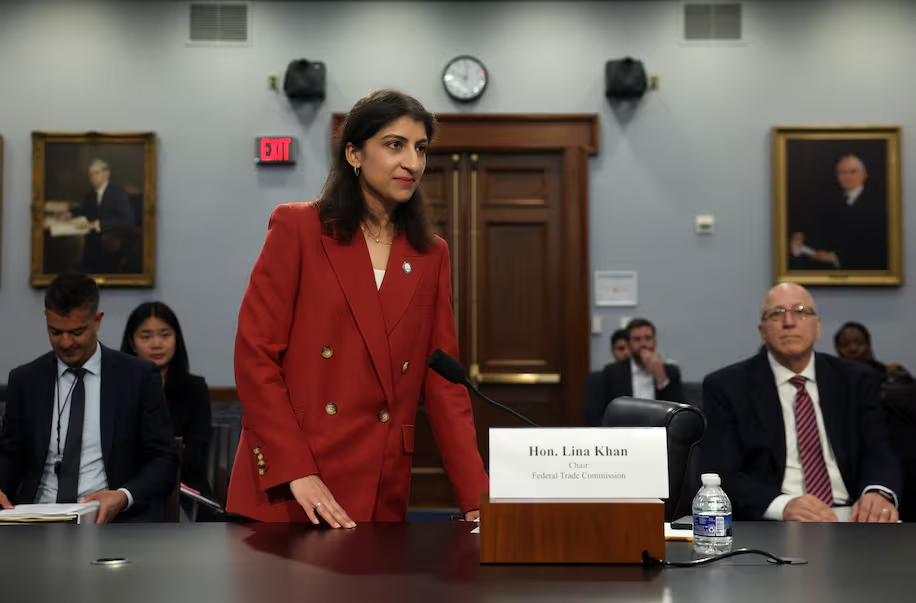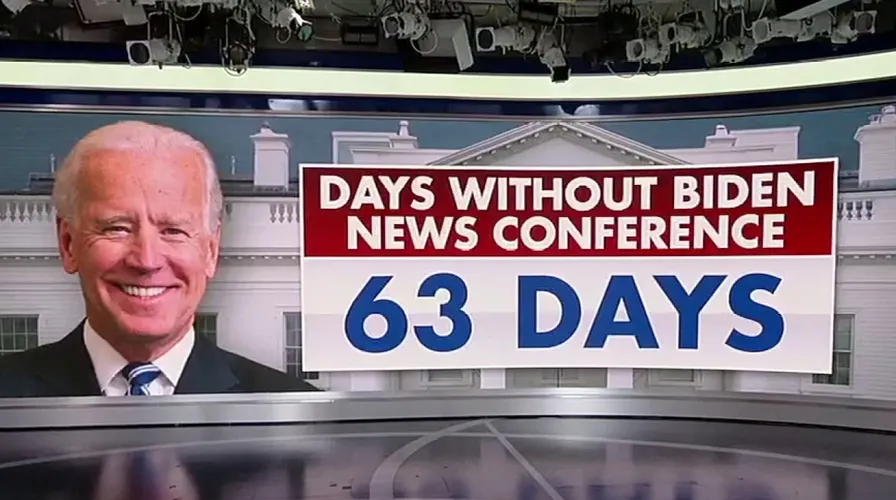In a shocking turn of events, a federal appeals court has blocked a critical "click-to-cancel" rule put forth by the Federal Trade Commission (FTC) that was designed to protect consumers from the predatory practices of subscription services. This rule, which was part of the Biden administration"s "Time is Money" initiative, aimed to ease the process of canceling unwanted subscriptions and memberships, effectively saving American consumers an estimated $100 million annually.
Consumers Face Increased Barriers
The now-blocked rule required businesses to obtain explicit consent from consumers before charging for memberships or auto-renewals, ensuring transparency regarding the end dates of free trials and simplifying the cancellation process. According to AP News, the court ruled that the FTC failed to conduct a necessary preliminary regulatory analysis, claiming that the procedural inadequacies were fatal to the implementation of the rule.
Implications for Consumer Rights
This decision raises serious concerns about consumer rights and protections in a landscape increasingly dominated by subscription services. The FTC has long been a guardian of consumer interests, pushing back against deceptive marketing practices that entrap users in unwanted contracts. However, with this setback, companies can continue to employ dark patterns—manipulative design techniques that make it difficult for consumers to opt out of subscriptions.

Lina Khan’s FTC went after Big Tech. Trump could dial that back. - The ...
Impact on Vulnerable Populations
Low-income families and marginalized communities are likely to bear the brunt of this ruling. Many individuals already struggle to make ends meet, and the burden of unwanted subscription fees can exacerbate financial instability. As reported by Consumer Law, these consumers often lack the resources to navigate the complex cancellation processes that companies intentionally design to be confusing.
Legal and Political Ramifications
The court"s decision is a significant blow to the FTC, which is currently preparing for a trial against Amazon regarding its Prime program, accused of enrolling consumers without their consent and complicating the cancellation process. The ongoing litigation underscores a broader trend where corporate interests are often prioritized over consumer protections. The Washington Post highlights that this ruling may embolden other corporations to resist regulations that aim to protect consumers.

Biden set to hold first news conference after more than two months in office
Future of Consumer Protection
With this setback, the future of consumer protection hangs in the balance. The Biden administration"s promise of a fairer marketplace is now at risk, as corporate lobbying and judicial roadblocks threaten the rights of everyday consumers. As the FTC explores its next steps, the question remains whether substantive reforms can overcome these legal hurdles or if the corporate status quo will persist.







![[Video] Gunfire between Iraqi security forces and Sadr militias in Baghdad](/_next/image?url=%2Fapi%2Fimage%2Fthumbnails%2Fthumbnail-1768343508874-4redb-thumbnail.jpg&w=3840&q=75)
